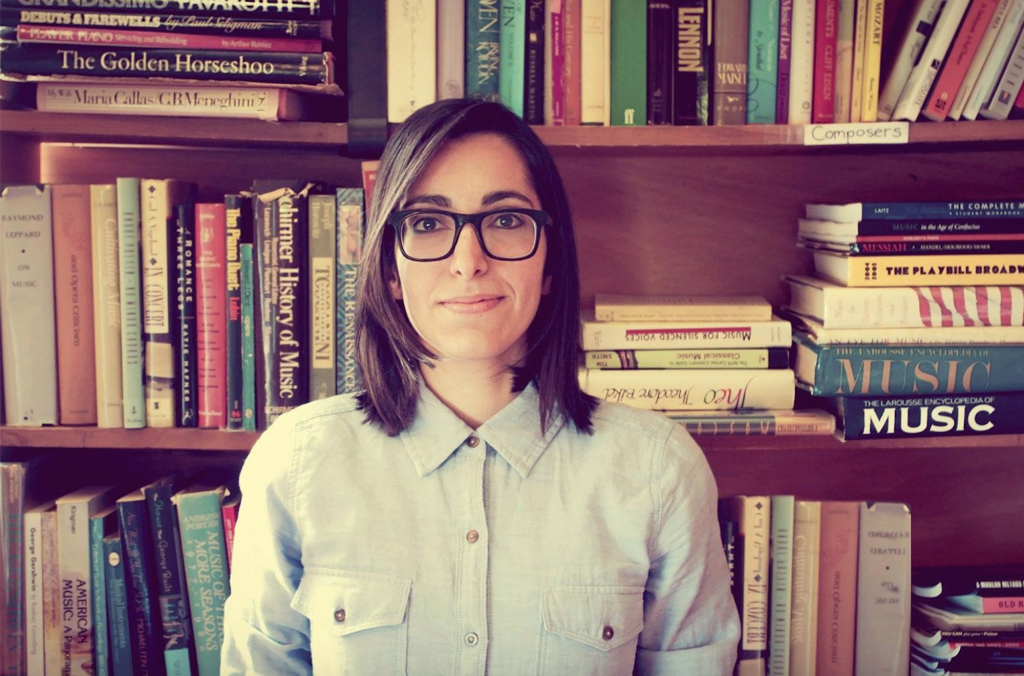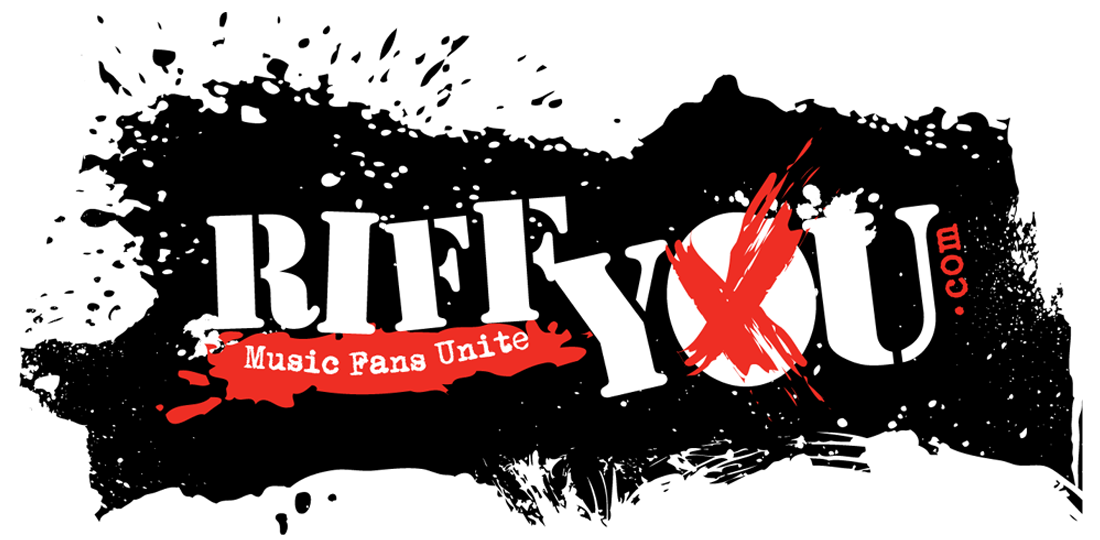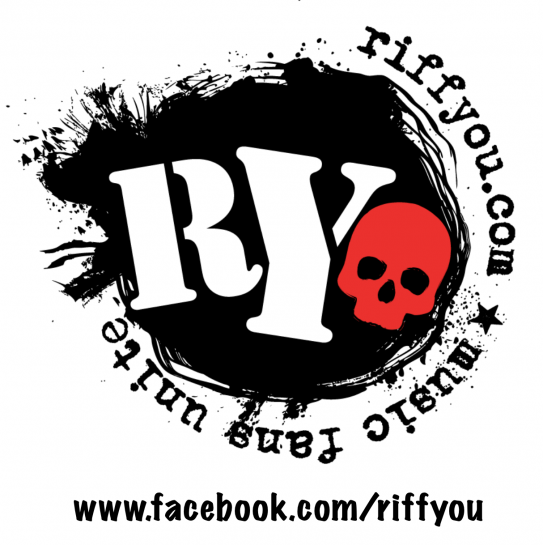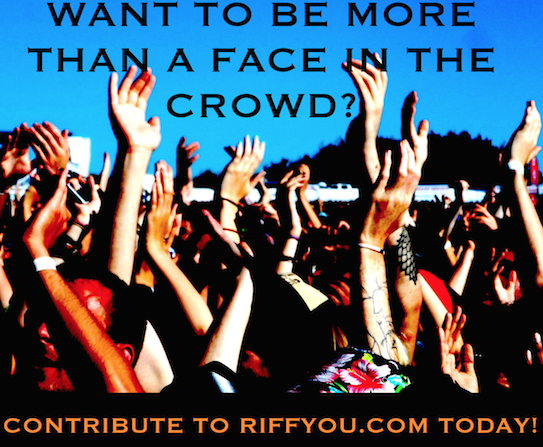Q&A: Michelle Chamuel Lights a Fire After “The Voice”
TV talent competitions are easy to dismiss, as more often than not contestants rarely stick once a  reality show ends and actual reality is un-paused. There are several reasons why this can happen, one of which is a lack of originality in a crowded sea of pop stars all trying to get off the ocean floor.
reality show ends and actual reality is un-paused. There are several reasons why this can happen, one of which is a lack of originality in a crowded sea of pop stars all trying to get off the ocean floor.
When Michelle Chamuel appeared on The Voice in 2013 after a pair of failed auditions the two previous years, audiences could tell that the Massachusetts-born singer had a uniqueness to her. Slight in size, a little nervous looking until the music played and comfortable wearing thick-framed eyeglasses as part of a very indie fashion sense, Chamuel looked unlike many who had travelled the show’s stage previously. But, not in a bad way – again, there was uniqueness here and it was welcomed.
Then, Chamuel began to sing and steamroll the competition. Judges, studio audiences and at-home viewers bought into this gigantic, honest presence that would soon become the runner-up on season four of The Voice. If Americans weren’t so obsessed with middle-of-the-road country music, chances are Chamuel would’ve been crowned the season’s champion.
Following her reality TV ride, Chamuel worked on a bunch of different, not-so-Voice-oriented projects before finally releasing her first pop album, Face the Fire, in 2015. On it, Chamuel beams with positivity, without being smothered in mozzarella. Yes, it’s a pop album, but her alternative and electronic music loving side also come out to play on it.
Recently, Riffyou.com spoke to Chamuel about her time on The Voice and the impact Face the Fire has had on her and is listeners.
RY: Even though you’re still an independent artist, do people ever think you have it easier than others because of your time on The Voice?
Michelle: “I think the perception is split. Some people will come up to me and go, ‘Did you get signed?’ But no, I’m doing my thing…it’s hard to explain to someone in one sentence, so I don’t usually try. I can understand that [getting a big record deal] would seem desirable. I just want to expand what I do.”
RY: How strange is it to do a show like The Voice?
Michelle: “Everything we’d do was kind of strange. Getting far [into the show] had a lot to do with getting used to it. It was a matter of thinking, ‘I’m in a new space and I’m going to try and take everything in.’ As long as I wasn’t compromising myself or doing something that I’d look back on and think, ‘Man, I am not proud of myself.’ My three guidelines going into the show was to have fun, don’t suck and be myself.”
RY: The further you got into the show and once more attention kicked in, how hard was it to maintain your identity and keep everything in perspective?
Michelle: “The hard part was that profile of who I was on the show and what I did on the show was broadcast to many more people than I’d reach on my own. In some ways, that helped setup who I am as an artist, to people, as I was still trying to figure that out for myself. After the show ended, I took a year to figure out what kind of music I wanted to make, how I wanted to present myself, who I felt that I was…it’s confusing, because [back then] you’re representing your agenda, mixed with somebody else’s agenda. Now, I just want to represent my agenda.”
RY: Have you gotten to the point where you want people to stop focusing on your time on The Voice and instead focus on what you’re doing now?
Michelle: “I don’t know too many people who are stoked when others bring up stuff they’ve done two years ago and don’t really know who they are now. Of course it’s exciting…no matter what you’ve done. However, when people only want to talk about things you’ve done, it freeze-frames you in this one moment…living in the past and only being recognized for who you were in the past, can definitely feel claustrophobic and like you’re boxed in. I don’t really feel that way when I talk with most people.”
RY: The real vibe with your new album, Face the Fire, is that of positivity and encouragement. How important is it for you as an artist to use your platform to convey such feelings?
Michelle: “I try to write what comes naturally. If I wanted to write angry, non-positive songs, where I am questioning myself about life [I can do that.] It’s a form of expression. I’m not interested in walking into an album and forcing my songs to be this way. What music has been in my life is a best friend. Starting at a young age, I listened to music and took it with me – whether using a radio or a Walkman – and kept it with me all of the time. I make music so that it can be my friend and so that I can add something to this web of music out there that connects everybody. If I write something that represents me, or has a connection someone else can relate to, that’s all I need.”
RY: Do people talk to you often about how your music connects with them?
Michelle: “I get more emails, I think,” laughs. “It’s interesting, because the public persona that was  created for me on The Voice was a caricature of myself. There are people who listen to the album, but I still get feedback from the show where people say that my performances or journey inspired them. Then, there are people who say, ‘I heard your track when I was walking in the rain and it had this moment that meant so much to me.’ I get a lot of that during face-to-face meetings with fans.”
created for me on The Voice was a caricature of myself. There are people who listen to the album, but I still get feedback from the show where people say that my performances or journey inspired them. Then, there are people who say, ‘I heard your track when I was walking in the rain and it had this moment that meant so much to me.’ I get a lot of that during face-to-face meetings with fans.”
RY: As much as the album is connecting with the fans, have you put much thought into what this album means to you?
Michelle: “I’ve thought a lot about the album. I feel like it’s a milestone for me. I’m really grateful for the opportunity that The Voice afforded me. It put me out there as ‘Michelle Chamuel,’ which is something I never intended to make music as – I had my band and a number of projects. I always wanted to put the music in between me and somebody else so that it’s not just focused on the artist, or the person making it. Like, ‘I made this piece of art and it’s for you. You can live in it, enjoy it and think of anything else but what I look like, what I eat, or what I do.’ That’s where I come from. Daft Punk is a real cool example of that attitude and that’s the school of thought I feel most comfortable and actual in.
“What came with The Voice, was ‘Michelle Chamuel’ being the person, singer and musician that people were focusing on. I took the opportunity to keep developing [as an artist] and figure out what music I wanted to make as me. ‘What kind of music am I going to make if I allow my persona into the mix?’ That’s become a real cool opportunity that I wouldn’t have chosen on my own, but once it was bestowed upon me, I wanted to keep developing.”
-Adam Grant
Please be sure to follow us on Twitter @riffyou and at Facebook.com/riffyou.

































